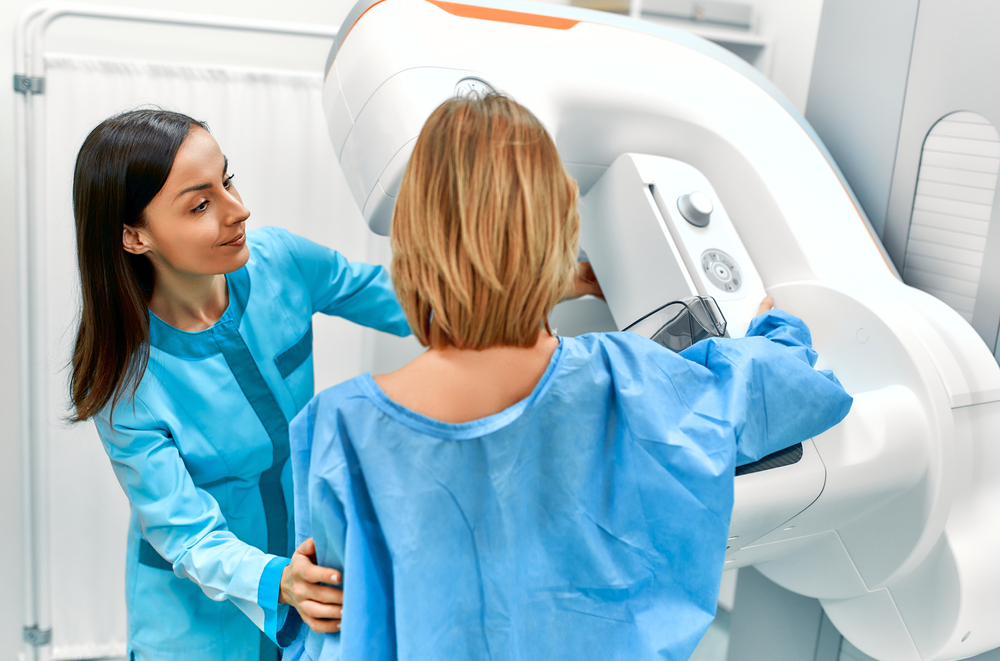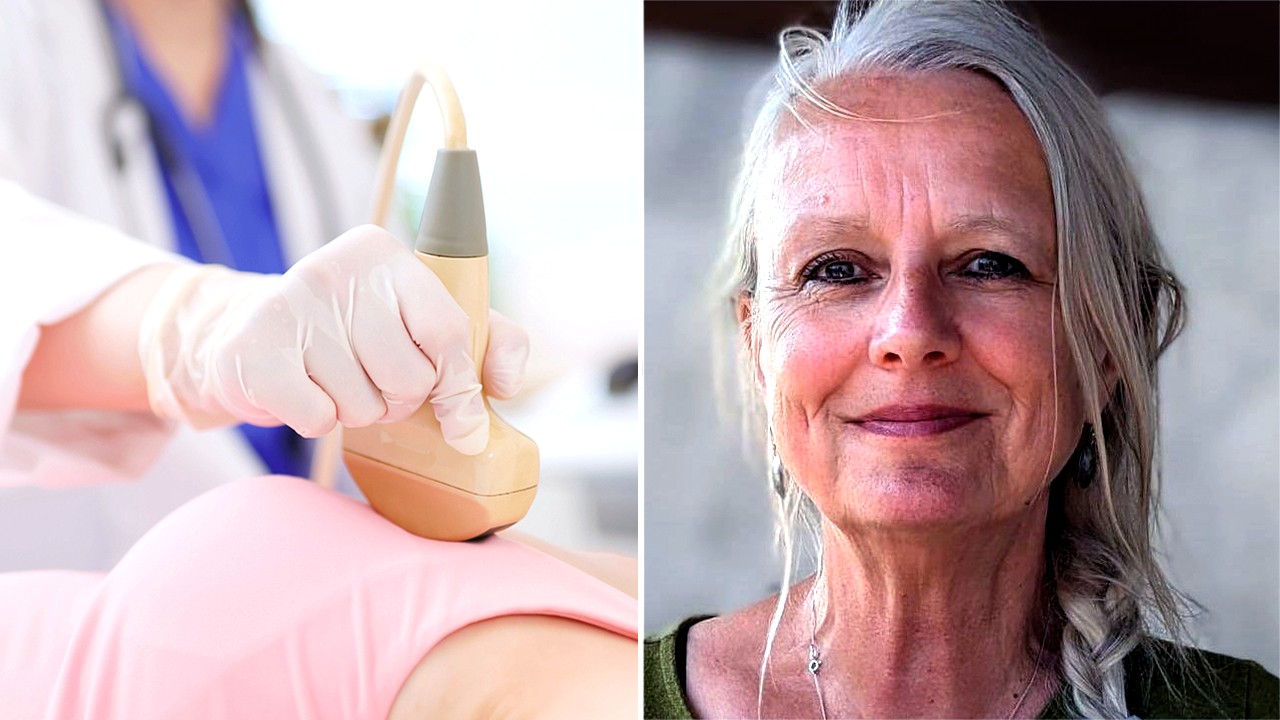A routine mammogram gave Sheila Tooth of Littlehampton, West Sussex, a clean bill of health, but advanced artificial intelligence technology told a different story. The 68-year-old woman is crediting AI with saving her life after it identified breast cancer that traditional screening had missed.
Routine Screening Misses the Mark
After undergoing a standard mammogram reviewed by two radiologists, Tooth was informed that she was free of breast cancer. However, her scan underwent an additional review by Mammography Intelligent Assessment (MIA), an AI system being trialed by University Hospitals Sussex. This innovative tool uncovered cancerous cells invisible to the human eye.
“I’m deeply grateful for it to have been caught so early,” Tooth told SWNS. “All the staff were amazing — so kind and lovely and very reassuring.”
A Frightening Yet Familiar Diagnosis

Having battled non-invasive early breast cancer 15 years ago, Tooth admitted she felt “very frightened” by the news of a recurrence. Still, she found solace in the early detection.
“But I knew that whatever they could see on my scan must have been incredibly small if it wasn’t picked up the first time,” she told SWNS.
The AI’s ability to detect the cancer early allowed Tooth to undergo a lumpectomy, sparing her from further treatments. Expressing gratitude for the technology, she said, “It’s extraordinary and I’m amazed.”
Groundbreaking AI Enhances Detection Accuracy
Tooth marveled at how the AI surpassed human detection capabilities.
“When I talk to friends, we just can’t believe this AI can detect what the human eye can’t always see. I just feel so lucky,” she shared.
“Being 68, this may have been my last mammogram, so my early cancer might have developed into invasive cancer in my 70s.”
Medical Experts Praise AI’s Role in Cancer Detection

Dr. Olga Strukowska, director of the West Sussex Breast Screening Program, emphasized the potential of AI to revolutionize healthcare.
“The earlier and more accurately we detect cancer, the better the chance our patients will have a positive outcome,” she told SWNS. “Using AI increases accuracy while reducing the number of missed cancers and lowering false positives.”
AI’s ability to act as a “safety net,” detecting what human eyes might miss, has drawn attention from experts worldwide.
A Testament to AI’s Life-Saving Potential
Dr. Harvey Castro, an ER physician and AI expert in Texas, described Tooth’s case as a “powerful testament to how AI transforms breast cancer detection and saves lives.”
“Sheila’s story highlights the life-saving potential of combining human expertise with AI assistance,” Dr. Harvey noted.
“It’s not about replacing radiologists, but empowering them to deliver the highest standard of care.”
AI, Castro explained, serves as a “second opinion that can lead to earlier diagnoses and better outcomes, especially in cases where cancer is subtle or hard to detect.”
Synergy Between Humans and Machines
Dr. Nicole Saphier also commended AI’s ability to enhance detection accuracy.
“With faster and more accurate analysis of mammograms and other imaging, we can diagnose breast cancer earlier, giving patients a better chance for successful treatment and improved outcomes,” Saphier shared.
Despite its potential, she stressed the importance of collaboration between AI and human radiologists. “synergy between the trained human eye and AI, where each complements the other’s strengths.”
Saphier also noted the financial hurdles in widespread AI adoption, highlighting the need for insurance providers to cover the costs of this advanced technology.
A Future of Hope
As AI continues to integrate into medical practices, its role in saving lives like Sheila Tooth’s underscores its potential to transform cancer detection. With a blend of human expertise and AI precision, the future of breast cancer screening looks brighter than ever.



